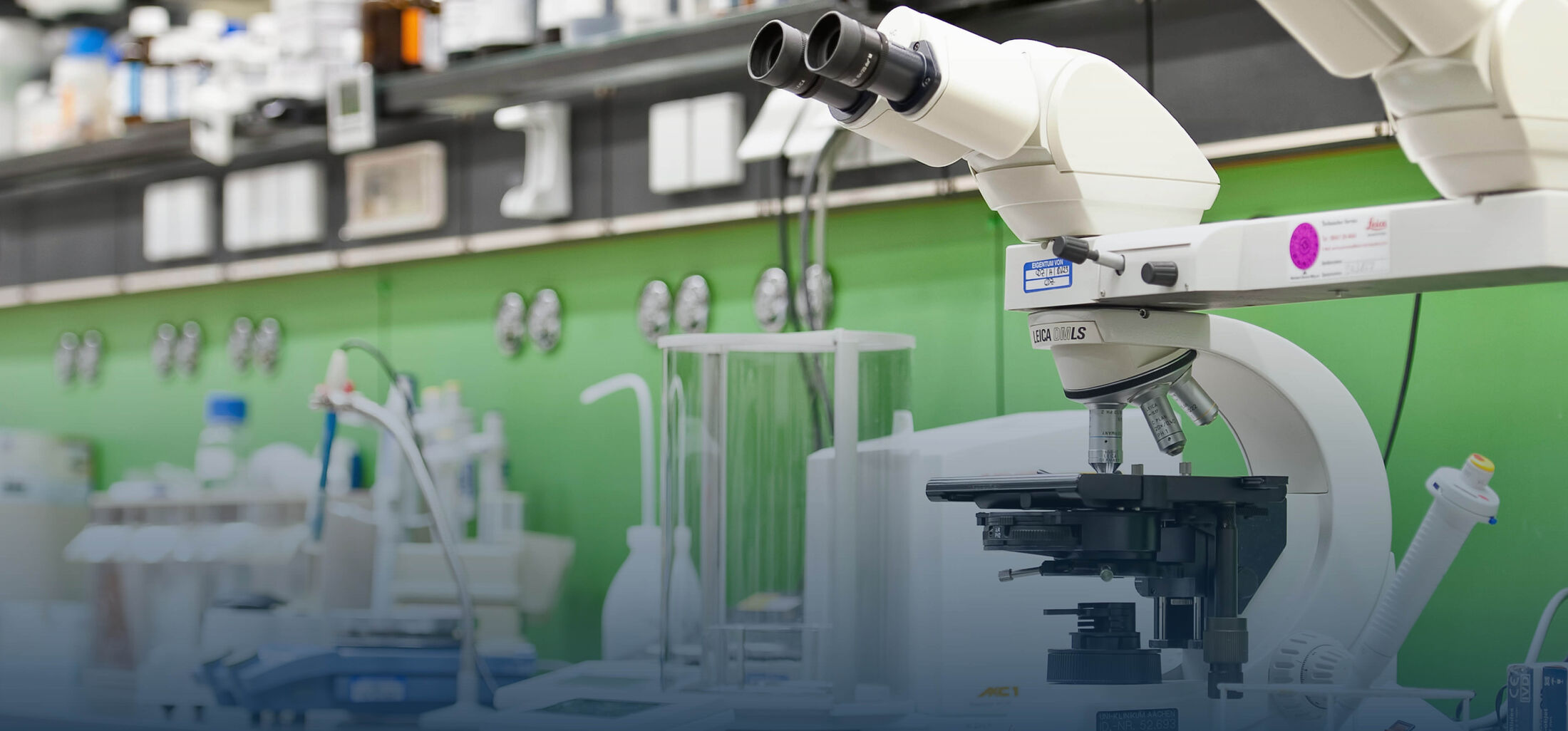Sarcopenia
Our current knowledge of the molecular pathological mechanisms of sarcopenia is still very limited, especially in respect to the nutritional risk factors and obesity. One of our research studies aims to characterize the nutritional and age-related changes in the quality and quantity of muscles in a rat model by different magnetic resonance (MR) techniques. Our results show that a fat-enriched diet has a direct age-related effect on both muscle quantity and quality. The transfer of these findings to patient care would mean that the MR techniques used in the study provides a highly effective, non-invasive method for early detection and quantification of sarcopenia in geriatric patients.
To identify potential biomarkers for sarcopenia, we established a comprehensive set of anthropometric characteristics, clinical data, and serum levels of 34 cytokines and chemokines in 80 older persons of Northern European descent who underwent a battery of geriatric assessments. Anonymized study data are made available here to facilitate advances in the diagnosis and prognosis of sarcopenia in older adults:
Publikationen
https://www.ncbi.nlm.nih.gov/pubmed/26136194

